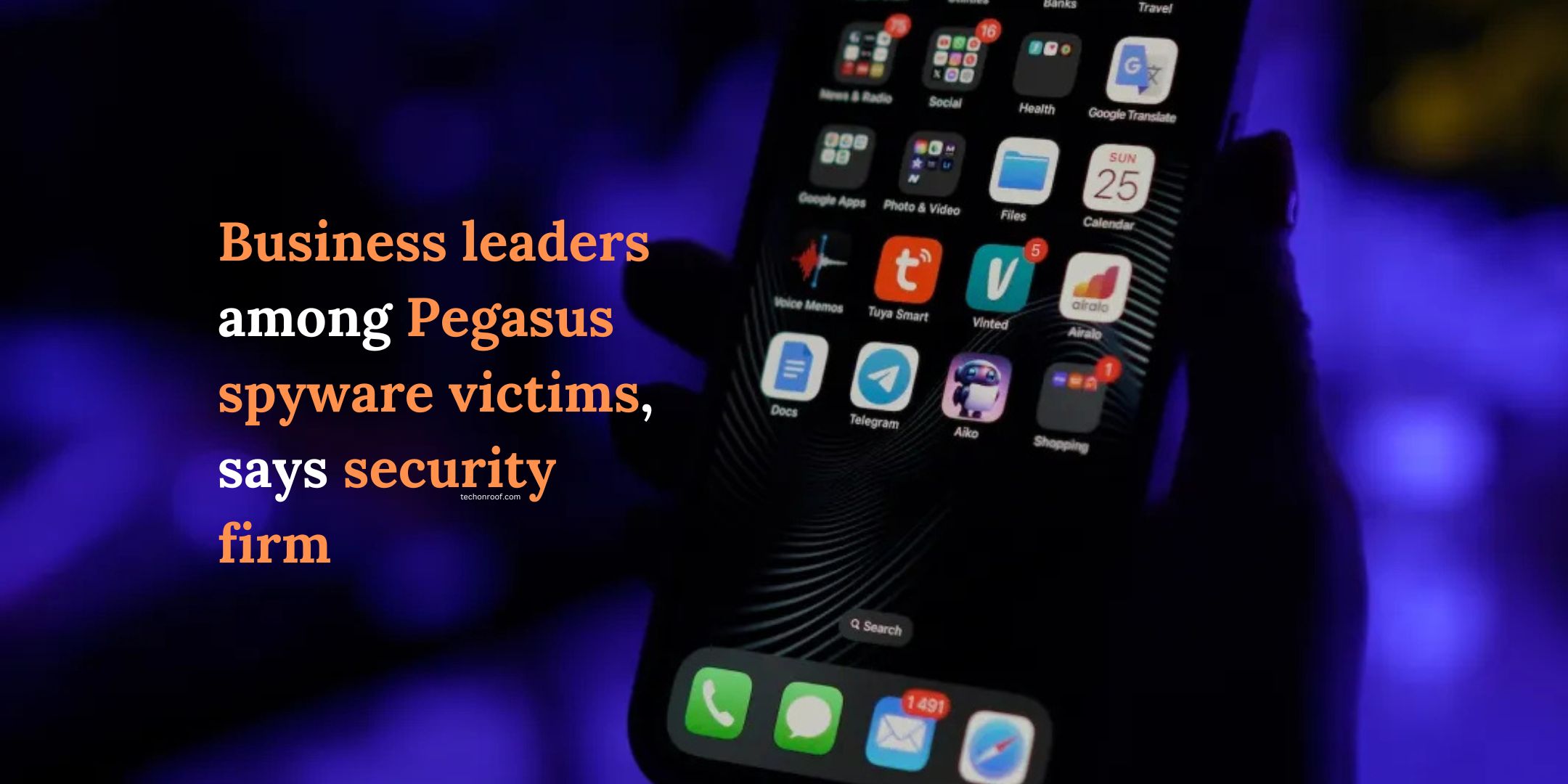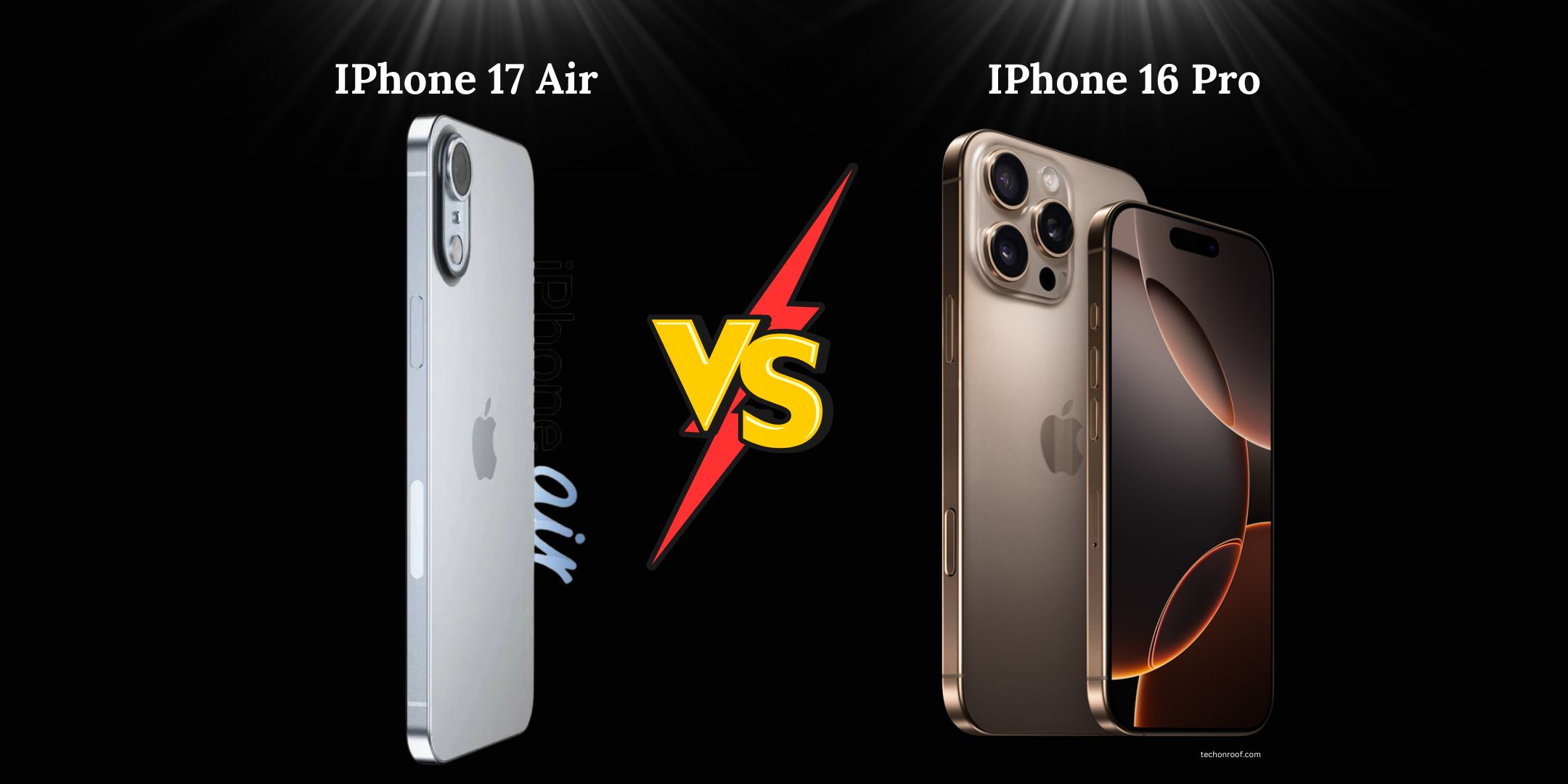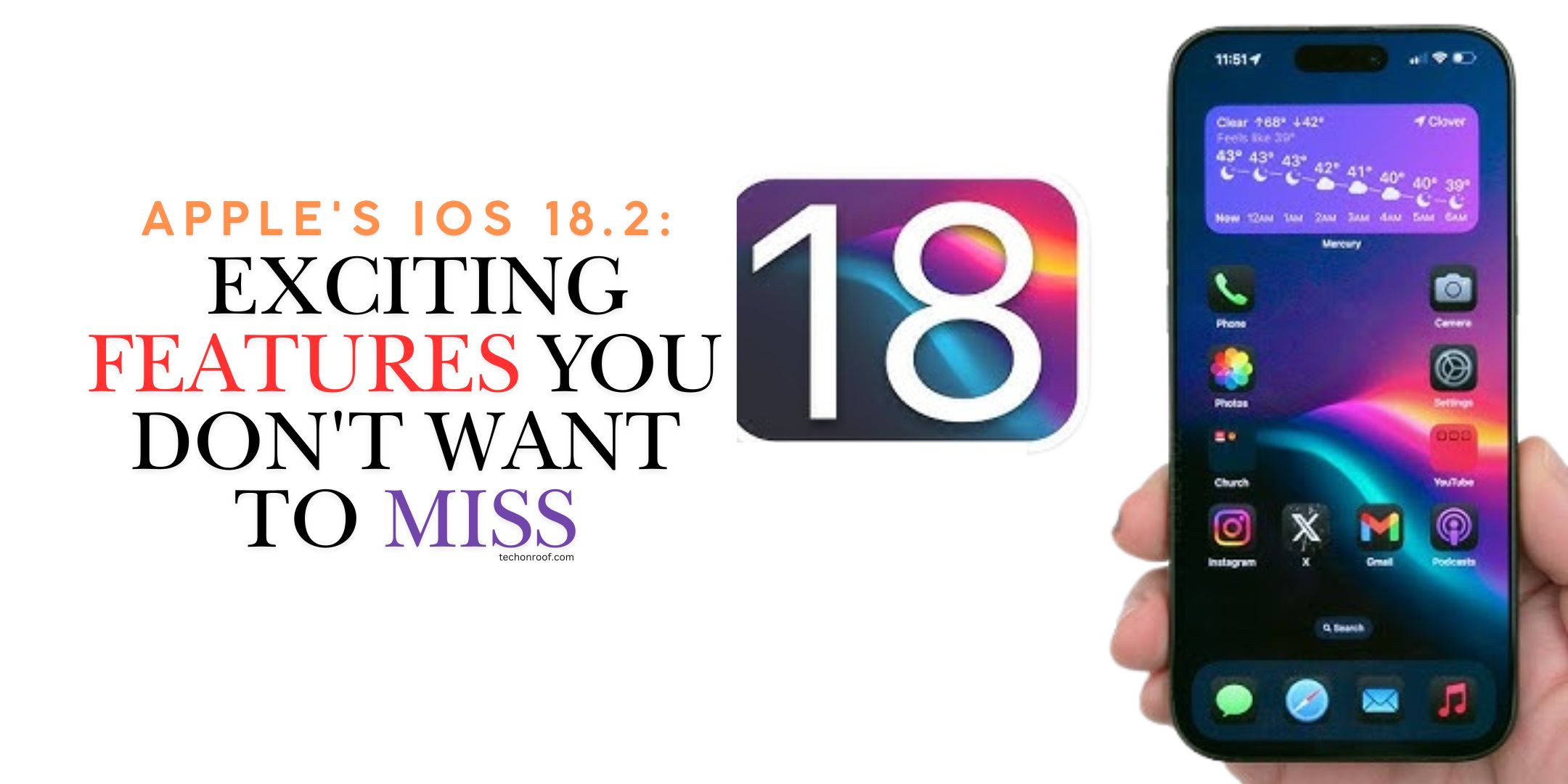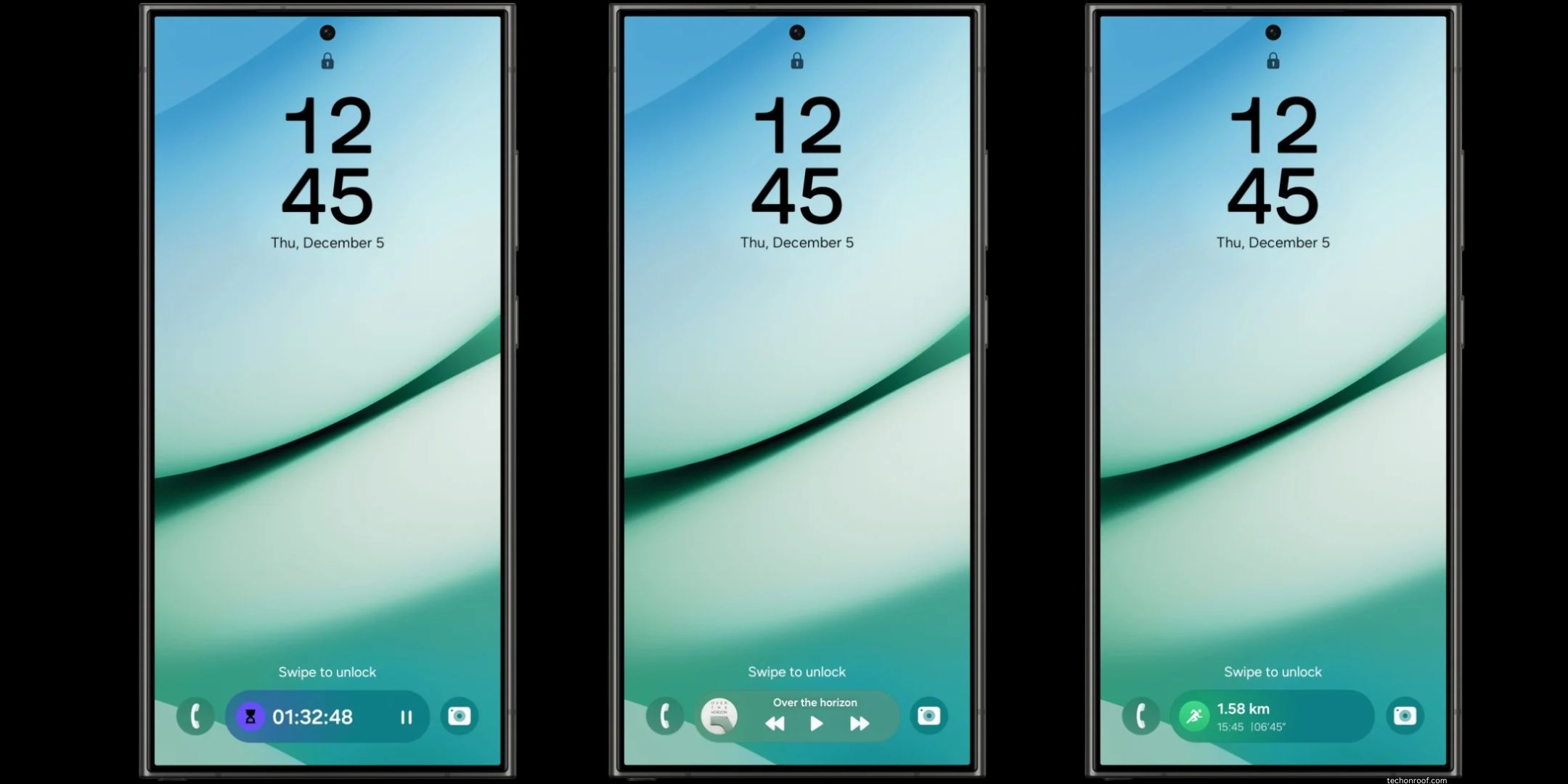Spyware attacks are usually known to be associated with journalists, activists, and political officials, but when such attacks happen against business executives, they are rare and somewhat disturbing. The growing misuse of this spyware, often labeled as an instrument to curb crime and terrorism, has been misused for corporate espionage.
Read Also: Samsung ‘Now Bar’ Brings Interactive Lock-Screen Notifications to Galaxy S24
According to iVerify CEO and former NSA analyst Rocky Cole, the targeted business leader had ties to a high-profile company but was “utterly blindsided” by the attack. Pegasus was created by NSO Group and is said to sell only to vetted intelligence and law enforcement agencies. Its misuse has raised serious concerns regarding its possible infiltration of private industries.
Read Also: Meta’s Threads is developing its own take on Bluesky’s ‘Starter Packs’
Using its app, iVerify identified Pegasus-related activity on seven iPhones out of 2,500 devices scanned. Affected devices displayed anomalies in diagnostic signals, indicating potential previous infections by spyware. Several of the infected phones were running newer versions of iOS, such as 16.6. Still, updates may not include current patches, so all vulnerabilities remain open to exploitation, even older ones. Since direct access is limited to Apple’s end, iVerify relies on telemetry data. Although the approach may not be foolproof, the telemetry data provides an overall suspect activity detection mechanism.
Though uncommon, spyware attacks against business executives are not something unheard of. For example, Amazon’s Jeff Bezos phone was hacked in an incident linked to Pegasus spyware. NSO Group has denied the involvement, but the case still highlights the risks such tools pose in a corporate context. This situation becomes more cumbersome as reports of spyware exploits are being reused.
In the earlier half of the year, Google identified Russian hackers using exploits similar to those of NSO Group. NSO denies selling its technology to nations like Russia, China or Iran.
Read Also: Surprisingly Good TV For Your Face-Xreal’s New glasses In 2025
iVerify has noticed suspicious activity associated with the Chinese-backed hacking group Salt Typhoon, which compromised telecom networks. This organization could have used its access to distribute spyware to high-profile victims, including the senior officials in the Harris-Walz presidential campaign. Currently, the FBI is exploring whether the compromised telecom network was used for these hacks.
Read Also: Best Apple Watch Apps to Improve Productivity
These events highlight growing threats from spyware in both corporate and political contexts. Tools like Pegasus developed for the state level for surveillance, have been repurposed and are blurring the line between their use by governments and corporate espionage. Strong cyber security would include updates with modern detection tools to minimize the exposure of this risk. Cybersecurity attacks are a strong case for why the world needs to complicate global regulations and modern tools of detection to combat them further.





